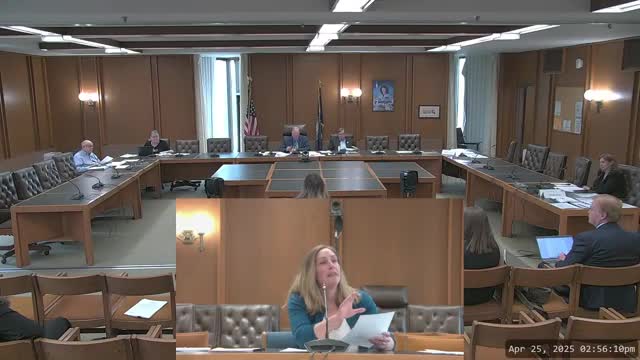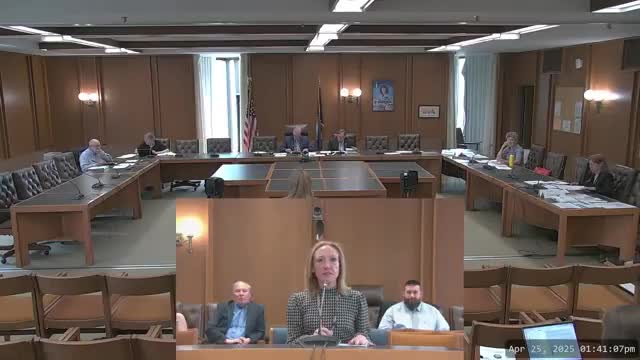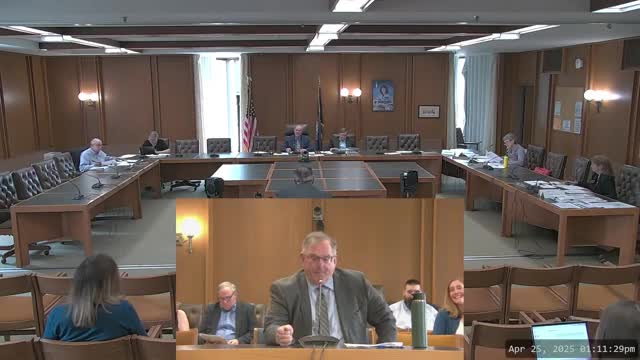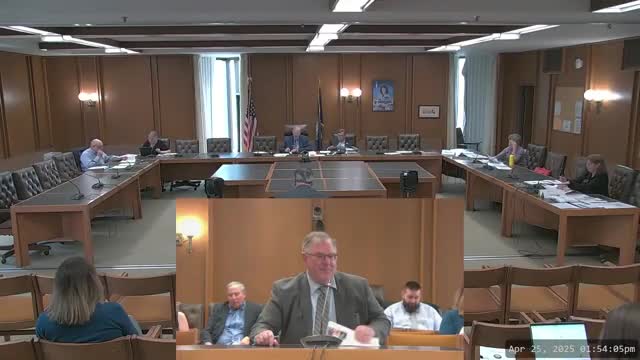Article not found
This article is no longer available. But don't worry—we've gathered other articles that discuss the same topic.

State report: APRNs drive rural primary care growth while physician supply shows aging and regional gaps

Quarterly BDS wait‑list report: department funded all current developmental disability requests; Medicaid eligibility delays slowed starts

State outlines new 1115 community reentry benefit for incarcerated adults and youth

DHHS details new Medicaid care‑management contract features; ties payments to primary care, polypharmacy review and community behavioral health funding

